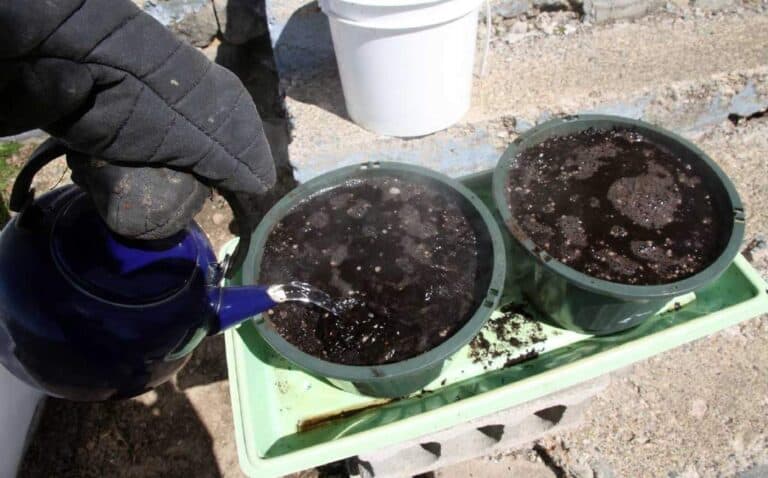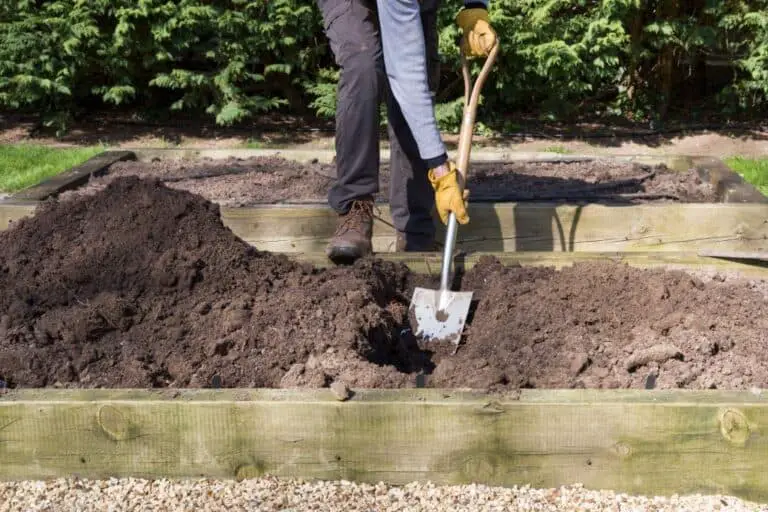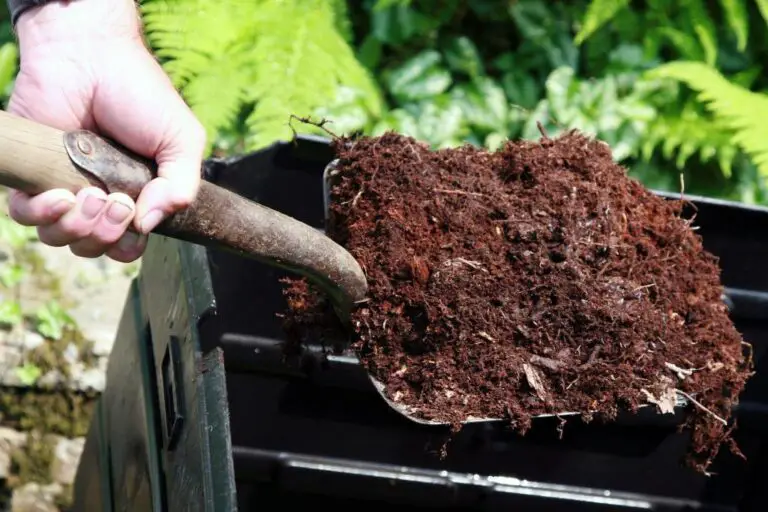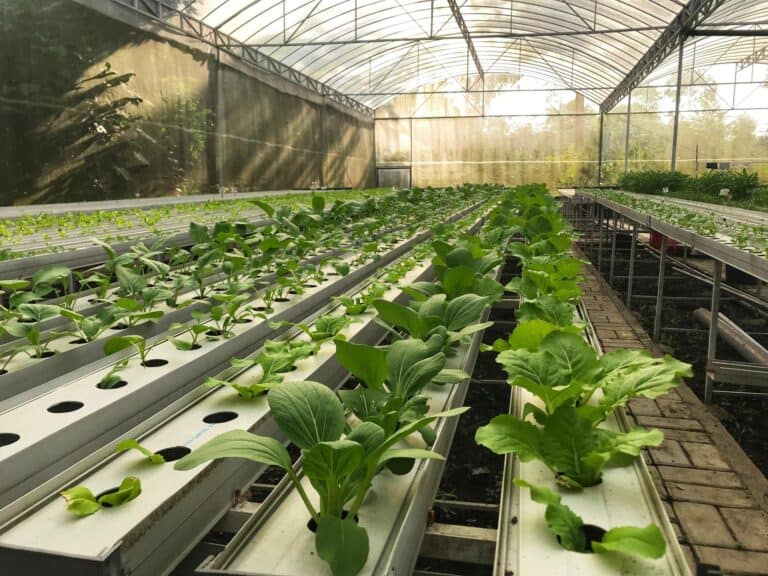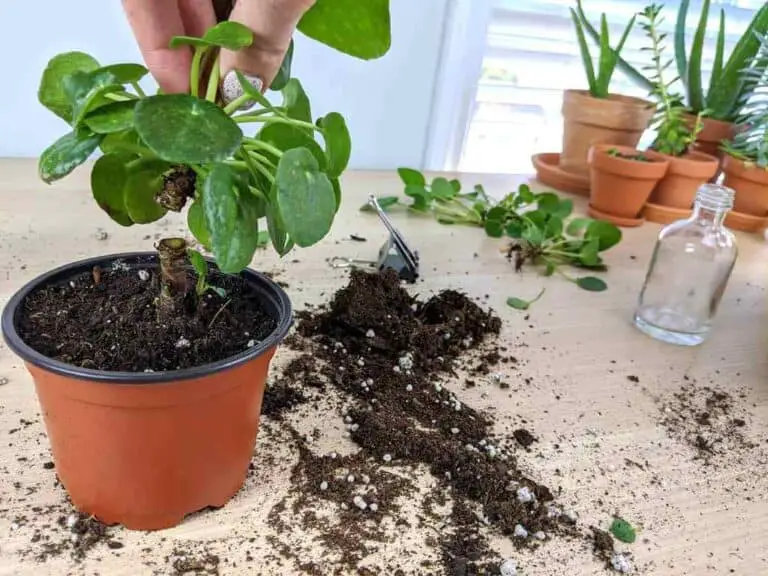How Much Composted Manure Is Needed Per Square Foot of Soil?
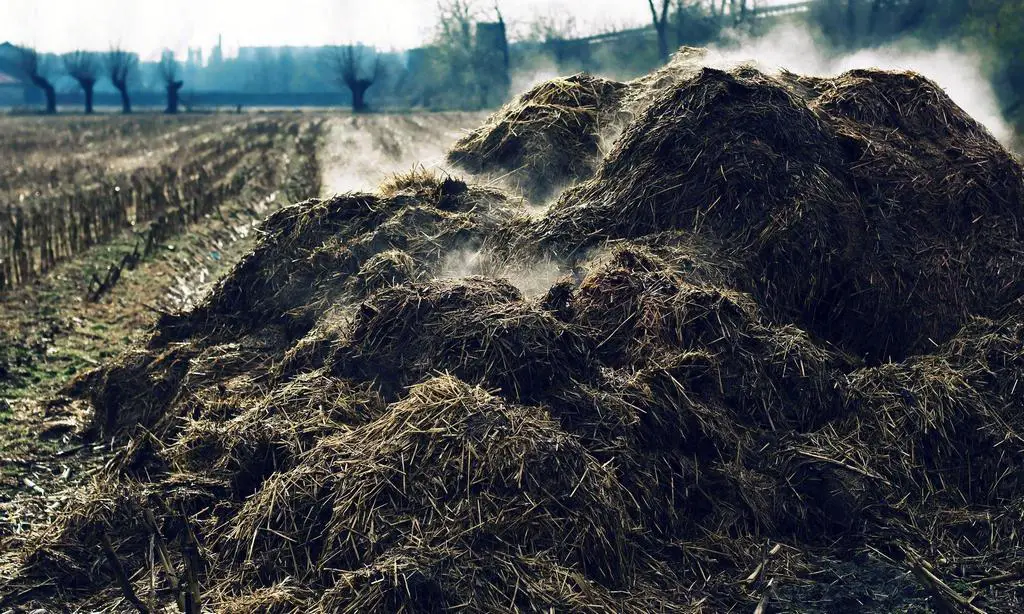
When it comes to gardening and nurturing your plants, one of the key ingredients for success is good soil. And to make your soil truly thrive, composted manure can be a game-changer. But how much of it do you actually need per square foot of soil?
This question might seem straightforward, but the answer depends on various factors, including the type of plants you’re growing, the current state of your soil, and your overall gardening goals.
Whether you’re a seasoned green thumb or just starting to dip your fingers into the earth, understanding the art of manure composting and its precise application is an essential skill. With environmental concerns and sustainable practices on the rise, harnessing the power of nature’s own fertilizer can be both economical and eco-friendly.
In this article, we’ll explore the science behind this soil-boosting magic and provide you with practical insights to help your garden flourish. Get ready to dig in and discover the secrets of cultivating a vibrant, thriving garden with just the right touch of composted manure.
Understanding the Benefits of Composted Manure
Before we dive into the nitty-gritty of how much composted manure you should use, let’s take a moment to appreciate the immense benefits it brings to your garden. Composted manure is essentially decomposed organic matter from animals like cows, horses, chickens, and sheep. When properly composted, it becomes a nutrient-rich, humus-like substance that can work wonders for your soil and plants.
Here are some of the key benefits of using composted manure:
- Nutrient Enrichment: Composted manure is a natural source of essential nutrients like nitrogen, phosphorus, and potassium (NPK). These nutrients are vital for plant growth and development.
- Improved Soil Structure: It enhances soil structure by improving aeration and water retention. This means better root growth and healthier plants.
- Enhanced Microbial Activity: Compost introduces beneficial microorganisms to your soil, creating a thriving ecosystem that helps break down organic matter and release nutrients to plants.
- pH Regulation: It can help buffer the pH of your soil, making it more suitable for a wide range of plants.
- Reduced Soil Erosion: Compost helps prevent soil erosion, keeping your garden intact and reducing the risk of nutrient runoff.
Now that we’ve established the advantages of using composted manure, let’s explore how to determine the right amount for your garden.
Factors to Consider for Applying Composted Manure
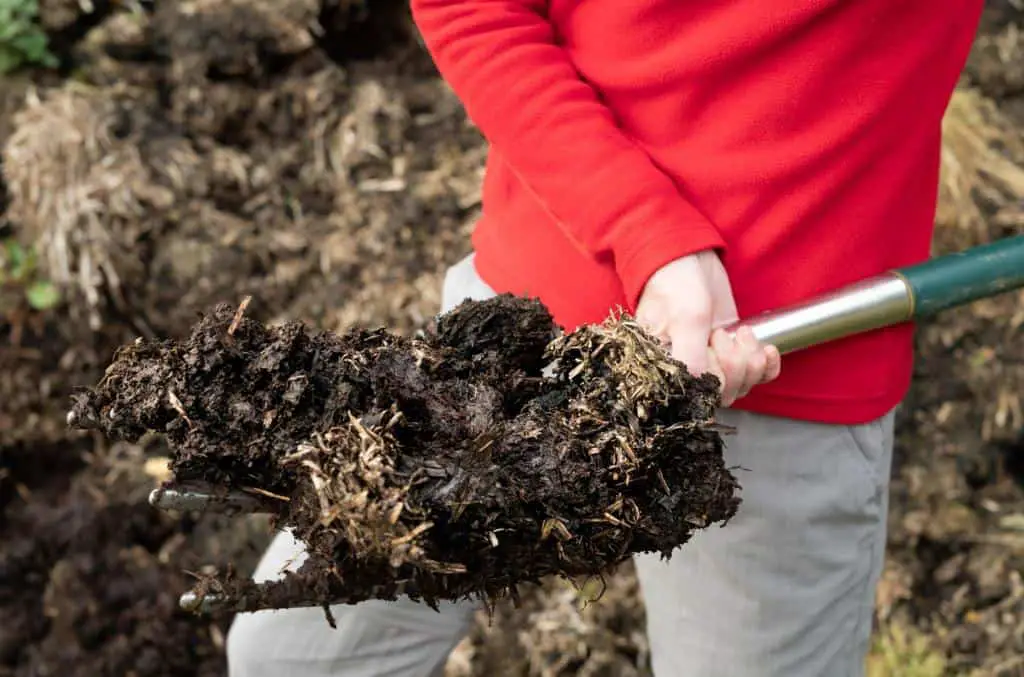
When calculating the amount of composted manure needed per square foot of soil, you should take several factors into account:
1. Soil Type and Quality
The first step is to assess your soil. Is it sandy, loamy, or clayey? Is it lacking in nutrients or already fertile? Soil testing kits are readily available and can provide you with valuable information about your soil’s pH, nutrient levels, and composition. Based on these results, you can determine how much composted manure your soil requires.
2. Plant Type and Size
Different plants have varying nutrient requirements. For example, leafy greens like lettuce may not need as much compost as heavy feeders like tomatoes or squash. Additionally, the size of your plants matters. Mature plants generally require more nutrients than seedlings or young plants.
3. Garden Goals
Consider your gardening goals. Are you aiming for maximum yields in a vegetable garden, or are you growing ornamental flowers for aesthetics? Your goals will influence the amount of composted manure you need. Vegetable gardens often benefit from higher nutrient levels, while ornamental gardens may require less.
4. Compost Quality
Not all composted manure is created equal. The quality of compost can vary based on factors like the source of the manure, the composting process, and the age of the compost. Well-aged compost is often richer in nutrients and more stable, making it a better choice for your garden.
How Much Composted Manure Is Needed Per Square Foot of Soil?
The amount of composted manure needed per square foot of soil depends on the desired depth of application and the type of soil. Here are some general guidelines from the search results:
- For vegetable gardening, a single 1-cubic foot bag of compost covers 12 square feet of area to a depth of 1 inch.
- A general rule of thumb for many organic gardens is to apply a 2-3 inch layer of well-rotted or composted manure over the garden and then till it into the soil.
- Assuming a desired depth of one inch, you will need 0.08 cubic feet or 2.3 liters of compost for every square foot of surface area.
- GMC Complete Compost should be added to your soil at a ratio of 1 part compost to a minimum of 2 parts native soil.
- For a new garden with a heavy dosage of compost, a volume of 0.3 cubic yards, or 8.3 cubic feet, of compost is needed for an area of square feet with a depth of 2 inches.
It’s important to note that the appropriate compost application depth and ratio of compost to soil can vary depending on the specific project and type of soil.
It’s recommended to use an online compost calculator or consult with a gardening expert to determine the exact amount of compost needed for your specific project.
Recommended Application Rates for Composted Manure
When it comes to nourishing your garden with composted manure, understanding the right application rates is crucial. These rates serve as the foundation for a thriving garden, ensuring your plants receive the nutrients they need without overwhelming the soil.
Here, we’ll explore the recommended application rates, offering both general guidelines and specific recommendations for various crops and plants.
General Guidelines: For most gardeners, a general rule of thumb is to apply composted manure at a depth of 1 to 2 inches across your garden area. This translates to roughly 20 to 40 pounds of compost per square foot. This range provides a balanced nutrient boost to the soil without risking nutrient imbalances or over-fertilization. It’s a great starting point, especially if you’re new to gardening or don’t have specific soil test results on hand.
Specific Recommendations: However, for those looking to fine-tune their gardening practices, it’s essential to consider the specific needs of your crops and plants. Different plants have varying nutrient requirements. For instance, leafy greens like lettuce or spinach typically need less compost than heavy feeders like tomatoes or squash. Consult reliable gardening resources or extension services for tailored recommendations based on the crops you’re growing.
Adjusting Application Rates: To further customize your composted manure application, consider soil test results. A soil test provides valuable insights into your soil’s current nutrient levels and pH balance. If your soil test indicates deficiencies or imbalances, you can adjust the application rate accordingly. For instance, if your soil lacks phosphorus, you might increase the compost application to address this specific need. Conversely, avoid excessive composting if your soil already has high nutrient levels to prevent nutrient runoff or imbalances.
Conclusion
Composted manure is a valuable resource that can transform your garden into a flourishing paradise. By understanding your soil, plant needs, and gardening goals, you can determine the right amount of composted manure per square foot of soil. Remember, it’s not just about quantity; quality matters too. Choose well-aged, high-quality compost, and your plants will thank you with vibrant growth and bountiful harvests. Happy gardening!
FAQs on Composted Manure Application Rates
Can you use too much composted manure in your garden?
Using too much composted manure in your garden can lead to nutrient imbalances and harm plant growth. Overapplication can result in excessive levels of nutrients like nitrogen, potentially causing plant stress and environmental issues.
Should composted manure be mixed with other soil amendments?
Composted manure can be mixed with other soil amendments like compost, peat moss, or vermiculite to improve soil structure and nutrient content, enhancing its effectiveness.
How often should I apply composted manure to my garden?
Applying composted manure annually in the spring or fall is generally sufficient for most gardens. However, specific recommendations should consider soil test results and crop requirements.
Are there any alternatives to composted manure for soil enrichment?
Alternatives to composted manure for soil enrichment include compost, green manure crops, and synthetic fertilizers, each with its own advantages and disadvantages.
Is composted manure safe for all types of plants and gardens?
Composted manure is generally safe for most plants and gardens when applied correctly. However, sensitive plants may require lower application rates or alternative soil amendments.
Can I use homemade composted manure, or is commercial compost a better option?
Both homemade and commercial composted manure can be suitable, provided they are well-composted and free from contaminants. Homemade compost may require more attention to ensure proper decomposition.
What are the potential odor and pest issues associated with composted manure?
Odor and pest issues with composted manure can occur if it’s not fully composted or if fresh manure is used. Proper composting and storage can mitigate these concerns.
How long does it take for composted manure to release nutrients into the soil after application?
Composted manure’s nutrient release time depends on factors like composting process and environmental conditions. Generally, nutrients become available within a few months to a year after application, gradually benefiting plants.

